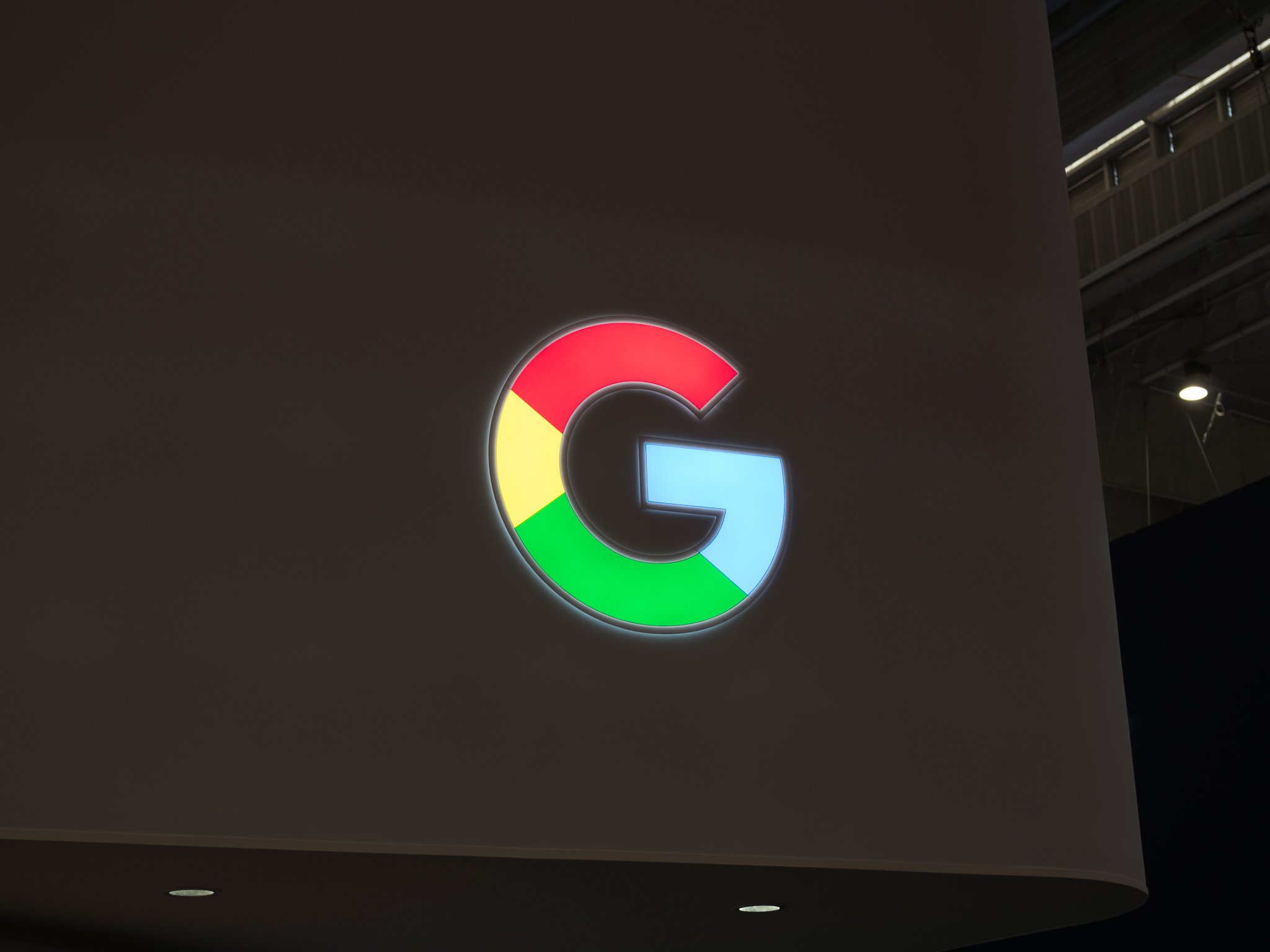Indian antitrust regulators accuse Google of abusing Android's dominance
The regulators say Google's restrictive trade practices have harmed both device makers and consumers.
What you need to know- The Competition Commission of India has accused Google of adopting anti-competitive and restrictive trade practices in the mobile OS market.
- The regulator's probe found Google guilty of stifling competition to maintain its dominance in search, app library, and other services.
- It has also alleged that Google's Play Store policies are biased and arbitrary.
The Competition Commission of India (CCI) has found Google guilty of abusing its dominant position in the country's mobile operating system market. The Indian antitrust regulator began its investigation of Google in 2019.
The investigation report, reviewed by The Times of India, says Google stifles competition and innovation in the market by forcing one-sided contracts on both device and app makers. Google requires manufacturers to sign a Mobile Application Distribution Agreement (MADA), which mandates pre-loading of Google's best Android apps and services on their devices.
The report also claims Google has been "foreclosing competition" through MADA, as the Google Search widget is placed on the home screen of all Android devices.
Competing general search services cannot offset the competitive advantage that Google ensures for itself through pre-installation and thus, acting as an entry barrier for competitors.
Additionally, Google is said to offer "lucrative revenue-sharing agreements" to its partners so that they give preference to a "Google-only ecosystem of apps and services."
The probe further accuses the search giant of forcing one-sided contracts on device manufacturers and app developers to ensure that its own products and services maintain their dominance in consumer usage.
If Google is found guilty, it could be asked to discontinue practices that the CCI considers to be anti-competitive and anti-consumer.
Google is currently facing antitrust investigations in various parts of the world - including the U.S., Europe, Japan, and South Korea. Just last week, South Korean regulators slapped a $177 million fine on the search giant for blocking customized versions of Android.
A Google spokesperson wrote in an email to Android Central:
"Android has enabled millions of Indians to connect to the internet by making mobile devices more affordable. We look forward to working with the Competition Commission of India to demonstrate how Android has led to more competition and innovation, not less."
